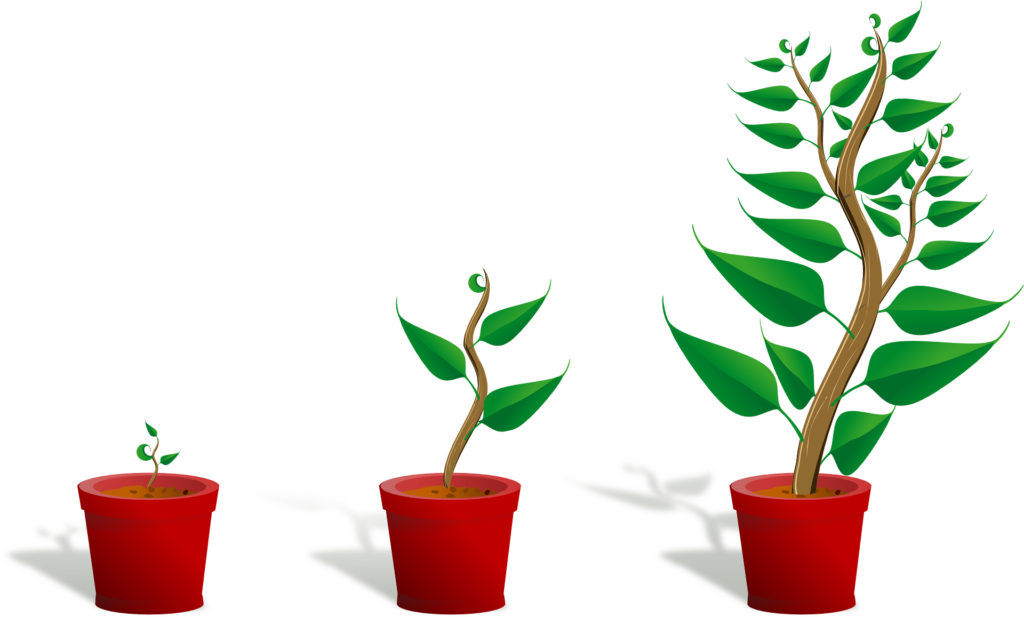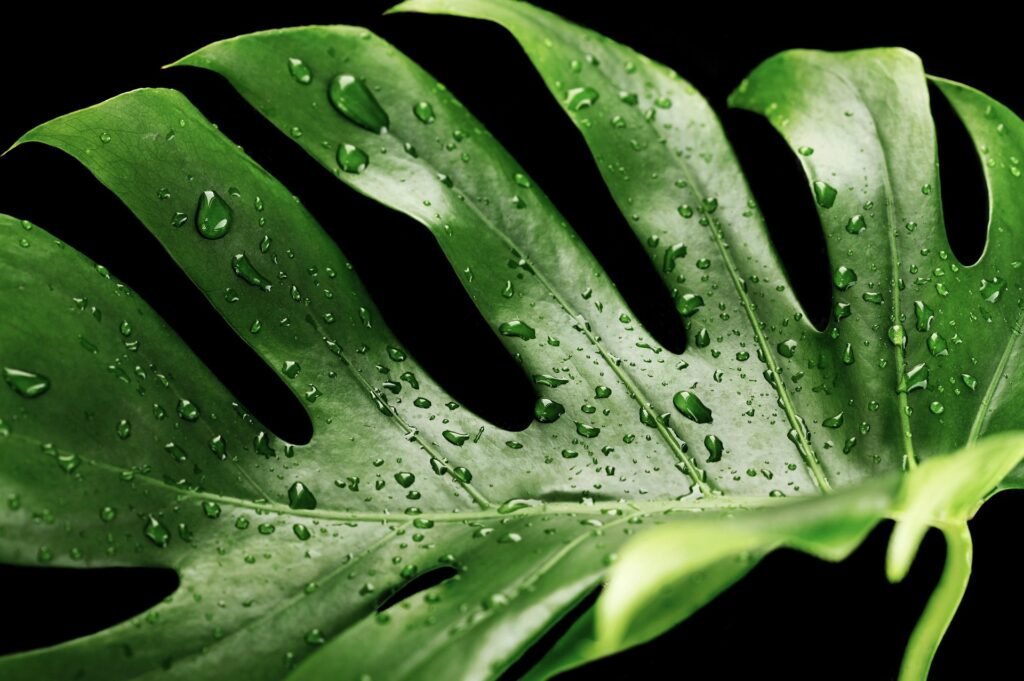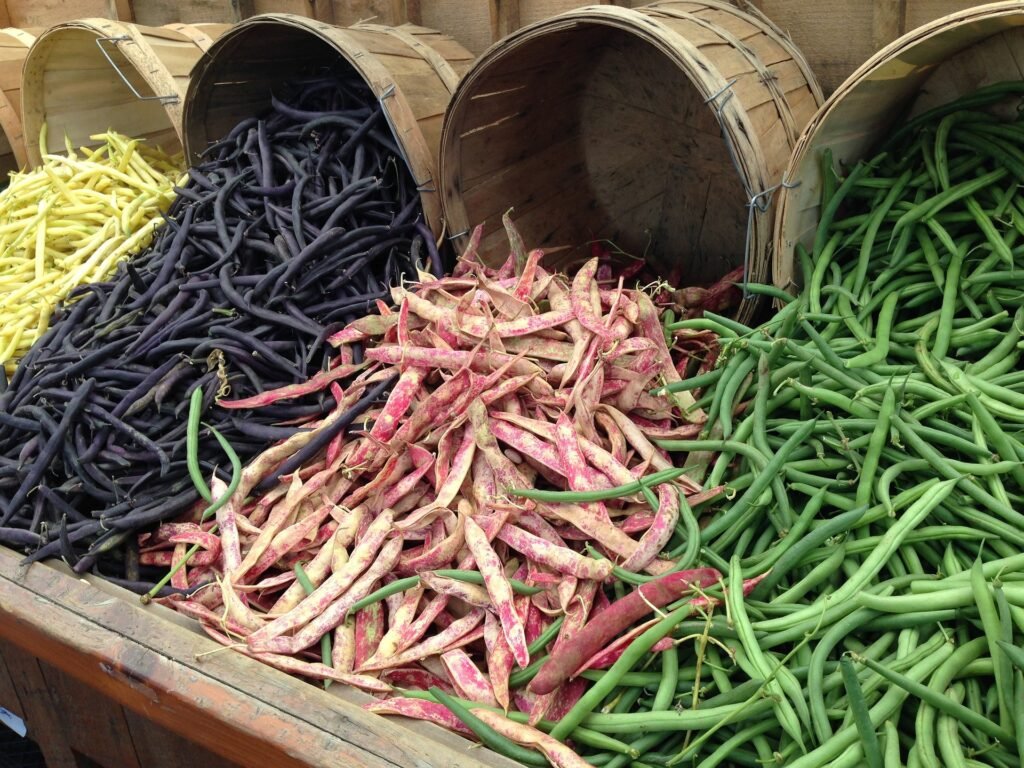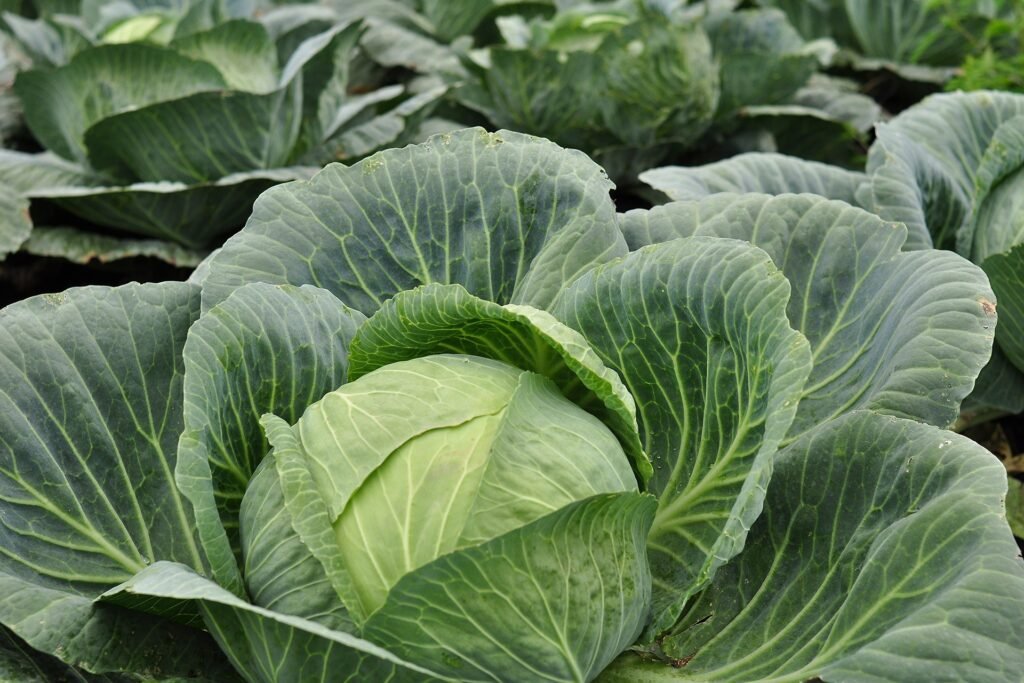From Theory to Flowerbed
Hello there! It’s always a pleasure to delve into the fascinating world of plant sciences. Today, we will explore the differences between two major branches – Botany Compared to Horticulture.
The fields of both Botany and Horticulture share a passion for plants. They differ in focus and application. This article will attempt to unravel the distinctions between botany and horticulture. And, hopefully, we will learn to appreciate the unique roles these fields play in the study and cultivation of plants.
Botany – Unmasking the Scientific Secrets of the Plant World

Botanists are interested in understanding how plants work, how plants interact with other organisms, and how plants can be used for various purposes.
Botany, a broad and diverse field, is the scientific study of plants, including their structure, classification, growth, reproduction, ecological relationships, distribution, ecological significance, genetics, cellular processes, structure, physiology, anatomy, physiology, ecology, and genetics.
Botany includes several specialized disciplines such as morphology (study of the physical form and structure of plants), phytochemistry (study of plant chemistry), plant pathology (study of plant diseases), paleobotany (study of ancient plants), and plant taxonomy (classification of plants).
Botanists
- Provide a comprehensive understanding of plants and their interactions with the environment. Botanists study various aspects of plants, including their growth, structure, reproduction, metabolism, development, diseases, and chemical properties.
- Advance our knowledge of plant life through experiments, fieldwork, and lab-based investigations, thus uncovering the mysteries of plant biology.
- Work in laboratories, museums, universities, botanical gardens, or natural habitats. They may specialize in different areas of botany, such as plant taxonomy, plant anatomy, plant physiology, plant ecology, plant genetics, or plant pathology.
In the vast landscape of plant science, botany stands as the scholarly investigator, delving into the intricate details of plant life. It is the comprehensive study of plants, encompassing their classification, physiology, genetics, ecology, and evolution. A botanist is a scientific detective, uncovering the secrets held within the chlorophyll-filled cells, the DNA strands, and the ecosystems where plants thrive.
Horticulture – The Art of Plant Cultivation
Horticulture comes from a Latin word meaning garden cultivation.
- The applied science and art of cultivating plants to meet specific human needs and desires.
- A branch of agricultural science that focuses on cultivating plants for food, aesthetics, and other practical purposes. Horticulture doesn’t just focus on the growth and development of plants, but also their marketing, distribution, and sustainable use.

Horticulturists focus on the cultivation and maintenance of vegetables, fruits, flowers, and ornamental plants using specialized techniques to ensure optimal growth and development to improve plant growth, yield, nutritional value, and resistance to insects, diseases, and environmental stresses.
Horticultural education emphasizes hands-on training, where students gain practical knowledge in plant propagation, irrigation systems, soil management, and pest control.
The horticulture field often involves working directly with consumers, landscapers, and farmers to meet their specific needs and preferences.
Horticulturalists
- Might be found tending to meticulously maintained flowerbeds, experimenting with new crop varieties to improve agricultural yields, or designing breathtaking landscapes that showcase the inherent beauty of the plant world. Their expertise ensures the success of our gardens, farms, orchards, and vineyards, providing us with the fruits, flowers, and vegetables that enrich our lives.
- Work in greenhouses, garden centers, nurseries, farms, or landscape design firms. Horticulturists are also responsible for the maintenance and landscaping of playing fields, golf courses, parks, and other public gardens.
- Make gardens and crops more productive, beautiful, healthy, and sustainable. They study how plants breed and the genetics of plants to get the best flowers and fruit for people to enjoy.
- Specialize in different areas of horticulture, such as floriculture (managing flowering and ornamental plants), pomology (managing fruit-bearing trees and shrubs), olericulture (managing vegetable crops), viticulture (grapevine management), or landscape horticulture.

Horticulturists are the green thumbs behind plant propagation, cultivation, management, landscaping, pest management, crop production, and post-harvest handling.
Horticulturists aim to optimize plant growth and productivity while enhancing aesthetics, sustainability, and environmental stewardship.
Horticulture is the artisan’s domain, where the love for plants transforms into a hands-on, practical craft. Horticulturists nurture and tend to plants with a mix of science and artistry. Horticulturists focus on the propagation, cultivation, and management of plants for practical purposes, whether for food, aesthetics, or environmental enhancement.
Botany Compared to Horticulture – Different Perspectives, Shared Goals
Botany and horticulture share a common interest in plants but approach them from different angles. Botanists and Horticulturists differ in their primary objectives and methodologies.
Botanical and horticultural professionals often collaborate to combine practical expertise with scientific insights to address challenges and foster sustainable plant practices.
While botany and horticulture may seem like distinct branches, their roots are deeply entwined. Botanical knowledge forms the backbone of horticulture, guiding practitioners in understanding the needs and behaviors of plants. In turn, horticultural knowledge provides a practical application for botanical discoveries, ensuring that the science of plants translates into vibrant, living landscapes.
Botany explores the intricacies of plant life at a molecular, cellular, and ecological level.
Horticulture applies this knowledge to cultivate plants for practical purposes, ranging from food production to ornamental landscaping.
Botany Compared to Horticulture Table
Here is a table that summarizes the key differences between botany and horticulture:
| Botany | Horticulture |
|---|---|
| Academic and research-oriented | Applied and industry-focused |
| Provides foundational plant knowledge | Improves cultivation, use, and enjoyment of plants |
| Scientific exploration of plant biology | Art and science of growing and cultivating plants |
| Understand the biology of plants | Grow plants for food, flowers, and ornamental purposes |
| Research, experimentation, and observation | Cultivation, plant care, and pest control |
| Expanding plant knowledge | Applying plant knowledge |
| Encompasses all types of plants | Deals exclusively with plants grown for human use |
| Learn the fundamental principles of plant biology | Practical applications for plant cultivation and management |
Botanists often work in research institutions, universities, and botanical gardens, conducting experiments and advancing scientific knowledge.
Horticulturists are found in a wide range of settings, from commercial farms and landscaping companies to botanical gardens and government agencies, where they apply their expertise to grow and care for plants.
Botany is the scientific study of plants. Botanists study the anatomy, physiology, ecology, and classification of plants. They also study the uses of plants for food, medicine, and other purposes.
Horticulture is the art and science of cultivating plants. Horticulturists grow plants for food, flowers, and ornamental purposes. They also study the best ways to care for plants, including soil preparation, planting, watering, fertilizing, and pest control.

No matter which field you choose, use your knowledge to make a positive impact on the world. Botanists can help to develop new crops that are more resistant to pests and diseases. Horticulturists can help to create beautiful and sustainable landscapes from those resilient crops.
In Summary – Science and Art Working Together
While distinct in their approaches, botany and horticulture are not isolated entities. They are, in fact, interconnected. The fundamental knowledge of plant life gleaned from botanists provides the foundation for the practical applications championed by horticulturists. Conversely, the challenges faced by horticulturists in the field often spark new avenues of research for botanists in the lab. This symbiotic relationship ensures the continued advancement of both fields, ultimately contributing to a deeper understanding and appreciation of the plant kingdom.
Together, botanists and horticulturists contribute to our understanding and appreciation of the plant kingdom, enriching our lives and sustaining our planet’s biodiversity.
So, the next time you marvel at the blooming splendor of a rose or savor the sweetness of a perfectly ripe strawberry, remember the dedicated individuals of both botany and horticulture who played their unique roles in bringing these wonders to life.
I hope this helps clarify the differences when botany is compared to horticulture. So, whether you are peering through a microscope at the inner workings of a plant cell or pruning roses in a garden, you are part of the incredible world of plant sciences. Happy planting!
References
Introduction to Horticultural Science 2nd Edition by Richard N. Arteca – https://www.amazon.com/Introduction-Horticultural-Science-Richard-Arteca/dp/1111312796
Botany: An Introduction to Plant Biology: An Introduction to Plant Biology 7th Edition by James D. Mauseth – https://www.amazon.com/Botany-Introduction-James-D-Mauseth/dp/1284157350/ref=sr_1_1?crid=14JNXDZX3BLZY&dib=eyJ2IjoiMSJ9.dn2th_4sZr4Qqq8Kt_ApX3vh0qh9HQfr-bsV_zOy5v7lDc1BCMrnHpc8s7LiYMQRtEqA6s3ghgaDm3jJl_bN4Pbj6vdVe2Ddx13DYcvVy3ySu6vli4L8u7yo7XgRYjwVVUWppNPnQORLF3hfoMThhhyVrXKThe8CCr6es0jxkw7aJh__GLjn9Q62P745spTM.AlJjLyHzN62-Ui55lxrk8eBZHoLuLPBQT6Gu8t7WfPk&dib_tag=se&keywords=Botany%3A+An+Introduction+to+Plant+Biology%22+by+James+D.+Mauseth&qid=1708887886&s=books&sprefix=botany+an+introduction+to+plant+biology+by+james+d.+mauseth+%2Cstripbooks%2C364&sr=1-1
Horticulture: Principles and Practices (4th Edition) 4th Edition by George Acquaah – https://www.amazon.com/Horticulture-Principles-Practices-George-Acquaah/dp/0131592475/ref=sr_1_1?crid=VJUJOQOSC1SB&dib=eyJ2IjoiMSJ9.7MmQCtmo2EhZ9_9R3NFndU-tKNMCohpAdRU2LBHSqWn6cjxK500ema6ao-JY7rI-p1iahYKuu7lSFtv7Q6ZDI-AP6F8yfJGh-XGjBQPyg7g.WCkRYLmJlg9taE3riY5qUkI4aHNATnIErVL1YJMLGgA&dib_tag=se&keywords=Horticulture%3A+Principles+and+Practices%22+by+George+Acquaah&qid=1708887942&s=books&sprefix=horticulture+principles+and+practices+by+george+acquaah%2Cstripbooks%2C341&sr=1-1
Botanist vs. Horticulturist: What’s the Difference Between Them? – https://www.allaboutgardening.com/botanist-vs-horticulturist/
Difference Between Botany And Horticulture – https://pulptastic.com/difference-between-botany-and-horticulture/
Difference Between Horticulture & Botany – https://www.biomadam.com/horticulture-vs-botany
Horticulture vs Botany – What’s the difference? – https://wikidiff.com/botany/horticulture
Horticulture Vs Botany: What’s The Difference Between Them? – https://sumogardener.com/horticulture-vs-botany/
Please note that this article is intended to provide an overview of botany compared to horticulture and is not an exhaustive exploration of these fields. For further reading and in-depth understanding, please refer to the above reference materials.

Leave a Reply